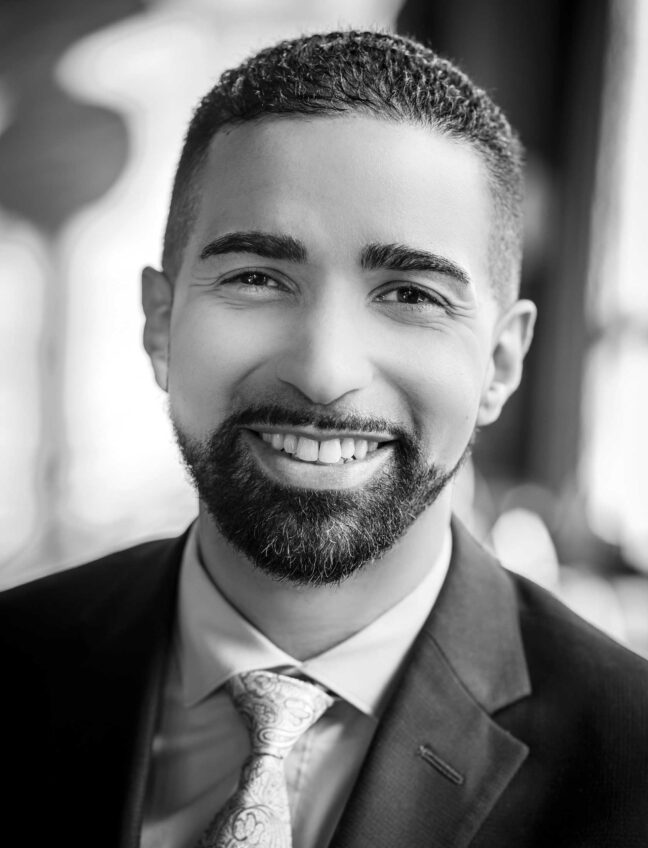Community voices: Public school financing – broke, busted and disgusted
With all the talk about firing poor teachers, closing the achievement gap and adopting “common core standards” for students, one essential element of American education reform is too often overlooked — the inherently unequal and unfair system of state funding for public schools.
A new study, co-authored by David Sciarra and Danielle Farrie of the Education Law Center and Dr. Bruce Baker of Rutgers University sheds new light on this problem. Their report, “Is Education Fair? A National Report Card,” reveals that most states are failing the test of fairness when it comes to public school financing.
The authors state, and we agree, that “a fair funding system would be progressive in that funding would increase relative to the level of concentrated student poverty.”
This would ensure that more funding would be available to students with greater needs and that all students would have the support necessary to achieve rigorous academic standards.
The study identified four “fairness indicators” — funding level, funding distribution relative to poverty, state fiscal effort and public school coverage. Based on those measures, only Massachusetts, Connecticut, Vermont, Iowa, Wyoming and New Jersey qualify as doing “relatively well” on funding fairness. But even in those states, significant irregularities persist.
According to Sciarra, most states are failing. Instead of progressive funding, some states have a regressive system, meaning districts with higher poverty rates actually receive less funding than more affluent districts. And there are entire regions — the South and West — where public schools are chronically under-funded.
The National Urban League and many others in the civil rights community have long-noted the inequity in public school funding as a contributing factor to the achievement gap that finds half of African American and Latino students dropping out of high school. Because school funding relies so heavily on state and local taxes, Education Secretary Arne Duncan, speaking at the National Urban League centennial conference in August admitted that “America’s system of funding public education is inherently unequal.” He pointed out that “Over 40 states have faced legal challenges to their school funding system because they are so unfair.”
Secretary Duncan’s response was the establishment of an Equity and Excellence Commission, proposed by Congressmen Chakah Fattah and Mike Honda that is now working to “expose the inequities in funding, gather public input and issue policy recommendations on finance reform.” It is unconscionable that some public school students have access to computers and other state-of-the-art resources, while many of the most disadvantaged students barely have enough books and supplies in their classrooms.
This is an issue that will be decided largely outside of Washington at the local level. About 90 percent of public school funding comes from state coffers and funding decisions rest in the hands of local officials. If we believe that all our children deserve a quality education and that given the right support all of them can succeed, citizens must demand that their governors and state legislators end public school financing inequities now.
Marc H. Morial is the National Urban League president and CEO.






